
NOTE: We’ve been discussing art VERSUS the various social opinions of artists in today’s society in On Purity Tests in the 21st Century. Is it the song or the singer that’s most important? What is the process of creating art? How does it happen? This is an essay about my own experience from 2004 that was republished here in 2017.
For those who don’t pay a lot of attention to the technical aspects of poetics, I can only assure you that if you commit yourself to a long poem with a number of its elements cast in classical forms (instead of just spewing your immediate issues across the page and breaking the lines at an arbitrary point), the job of “getting it right” increases exponentially. The only poets who do not know how hard this is are those that have never attempted it.
Poets hate that process. They all want to pound out “Howl” in a weekend on a diet of meth. One poet I know said, “May it be months before I ever write another damn poem.”
If only it were that easy. When you permit yourself to seriously attend to this faded art, you’ll find over time that you are only finished with poetry when poetry is finished with you. Sooner or later you get another poem to putter with. Sometimes you wait for months or even years. This I know.
Then, after an unknowable amount of time, it returns — usually at an inconvenient time and an inconvenient place where it is not expected, not expected at all — “…on a street corner, some untidy spot.” I’ve taken to thinking of these moments as “The Arrival.”
You beg for months and you may get them. Then again, you may not. Frankly, you don’t have a lot to say about The Arrival.
The poems you’ll end up liking best tend to arrive first and are written after. They don’t come up out of the blank page, or out of an immediate experience. They appear unbidden out of that state that Wordsworth captured when he wrote, “Poetry is the spontaneous overflow of powerful feelings; it takes its origin from emotion recollected in tranquility.”
* * * *
It came on a Wednesday evening towards the end of the first New York winter after 9/11. I’d worked late and taken the subway home from Penn Station. In an almost empty car, I rode down along the spine of Manhattan, dipped deep under the East River, and rose up the long slope to the platform seven stories beneath Clark Street in Brooklyn Heights.
I took the elevator to the surface walked out of the Clark Street subway into about 2 inches of fresh snow collecting on cold sidewalks with more swirling down along the face of the wind. It was late and there was nobody else out on the two blocks I had to walk to my apartment.
In New York City during heavy snowfalls, the streets grow quiet. That evening was no exception save for the whoosh of infrequent cars on the boulevard off to the east, and the random humm of trucks on the expressway that ran along the river below the Heights. Every so often, a car leaving the Brooklyn Bridge behind me would hit a steel plate in the road for a muffled, faint clang of metal on metal.
There was a slash of wind above the roofs on the protected side of the street that kept the stronger wind off the East River from getting to me. These slight and distant sounds — none so loud that I couldn’t hear my steps moving across the snow — merged into a kind of metronome of footsteps, tires, faint engines, and wind, all with a distinct slow subway rumble way down below.
At the end of the last long block, I had to turn right on Pierrepont Street towards the river. This brought the whoosh of the cars on the expressway up just a notch. The chill wind got an edge on it too as I turned into the swirls of snow, and my steps, slipping a bit in the shallow drifts, made a slight syncopation against the beat of the gusts. The snow was almost granular on the concrete and it gave my steps the sound you hear when tap dancers shuffle on sand.
Then as I passed under the streetlight I heard something say,
“Their silence keeps me sleepless for I know…”
This was not ‘said’ so much as sounded — a kind of echo under the wind at the back of my mind. Yet it was so distinct that I jerked around thinking someone was behind me, but there wasn’t anyone there at all. It was just a phrase I’d heard in the mind against the soft sounds of tires, wind, my own footsteps, and blowing snow.
I stopped, listened again, and it came back one more time, soft and distinct but with no whisper to it:
“Their silence keeps me sleepless for I know…”
But what did I know? I knew, at that moment, no more than that single phrase, but having had the experience of “Arrival” at rare moments over the years, I recognized it for what it was.
I stood there for several minutes straining to hear what the next sentence would be. But nothing came. I was just standing alone on a Brooklyn corner in the snow.
I remember thinking, perhaps saying out loud,
“Okay. I hear that, but what, exactly, is it that I know?”
No answer. There never is. The Arrival’s not there for a conversation. It’s come for a visit. It will talk to you on its own terms and in its own time.
I was standing alone in the snow and getting colder. Not really a plan. I cut across the street, went up the stairs to my door, beat some of the snow off my coat, and went inside.
The first thing I did was go to my desk, grab a single sheet of paper, and write “Their silence keeps me sleepless for I know” across the top. Then I put it in the center of my desk and stared at it as if willing some secret, invisible writing to appear beneath the phrase.
Nothing came up so I shrugged and went on to other more sensible things. As noted above, I’d experienced “Arrivals” before. I’ve learned not to push the moment if nothing else seems to be offered at the time.
Instead, I got out of my work clothes, took a long hot bath, changed into robe and pajamas, made a bite to eat and had a glass of reasonably good Bordeaux. Then I retired, watched some movie for an hour or so and fell asleep a bit after midnight.
At around three in the morning I was woken up by the experience of something that began as a dream but, as I woke, continued as that rare but not unknown form of waking dream where the room you are in can be seen clearly while the dream images cascade over it in a kind of superimposition. This lasted, as they always do, only about 30 seconds, then faded out and then I heard this:
“Within the smoke their ash revolves as snow,
To settle on our skin as fading stars
Dissolve into pure dust at break of day.
At dawn a distant shudder in the earth…”
That was it, but it was enough. I got up and went to my desk and wrote those four lines down underneath:
“Their silence keeps me sleepless for I know”
Then my mind stopped. I sat still and looked out the two large windows in my front room that opened onto Pierrepont street.
The wind had calmed while I slept and all had become even more silent than before. The snow was still swirling across the windows in the gold street light, building upon the branches of the trees, collecting along the ledges and window sills of the buildings across the way. I looked out at it for an indeterminate time and, in the silence, I listened very hard. And then I heard the rest of the poem arrive in order, pretty much as it stands now in:
The poem has, of course, been planed, sanded, tweaked, waxed, dusted and buffed on and off over the years. I am not ready to, as they say, “abandon it” just yet.
At one point, Eugene Volokh convinced me to remove about 5 of the central stanzas for a collection of poems about 9/11 he was putting up on the web. At the time I agreed with his reasons and cut them. But over the years since, those cut stanzas have, one by two, drifted back in. It as if they insist on their rightful original places in the poem. I’ve come not so much to agree with them as to quit resisting them. They can be very assertive.
To make poems, I’ve found that it is possible to put yourself into a ‘composing’ state just by going to the work on a daily basis for three to six weeks. It’s a dogged way of kickstarting the process and you’ll waste a lot of ink, paper and time along the way. But it does work and that’s the best thing that can be said for it. And I think that, once you are in the flow of the zone, a lot of respectable work is done that, with care and thoughtful revision, can become more respectable still. When you finally ‘abandon’ these poems you aren’t sorry to have written them.
“Arrivals” are a different sort of beast entirely. They come when you aren’t expecting them. They stay until they are finished with you. Then they leave.
Arrivals are very irritating to have around since they command all your attention to their needs and their mission. Simply put, their needs are not yours. You are, for the duration, the host and they are rude and demanding guests. You sleep when they let you. You eat fast and rather poorly at that. You consume a bit too much alcohol and far too much caffeine and nicotine.
Arrivals do not clean up after themselves and they depart without a word of goodbye. One moment they are there, the next moment they are gone in less time than it takes to see a spark. The strangest thing is that, when they do leave, you are not only sorry to see them go, you can’t wait for their next visit.


![Allen Ginsberg: The Interview, <strong> ➡ 1972 ⬅ </strong> [Republished by unpopular demand] ginsbergnirvana](https://americandigest.org/wp/wp-content/uploads/2022/05/ginsbergnirvana-150x150.jpg)
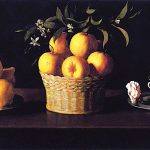



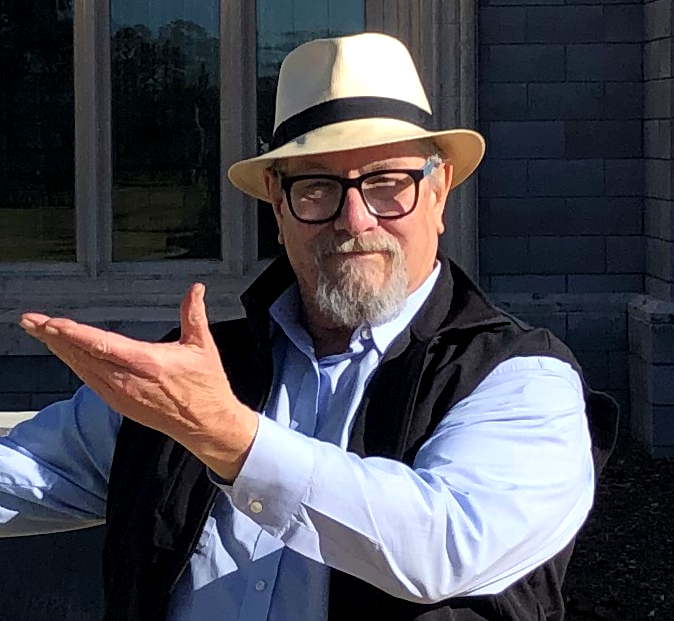 Gerard Van der Leun
Gerard Van der Leun





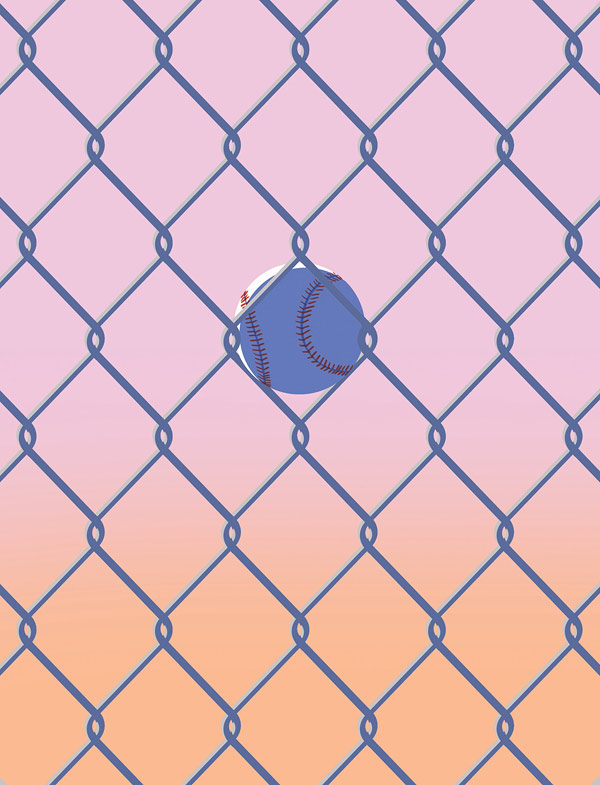
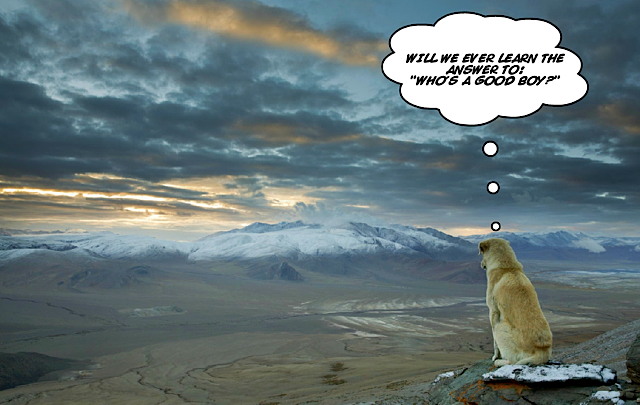

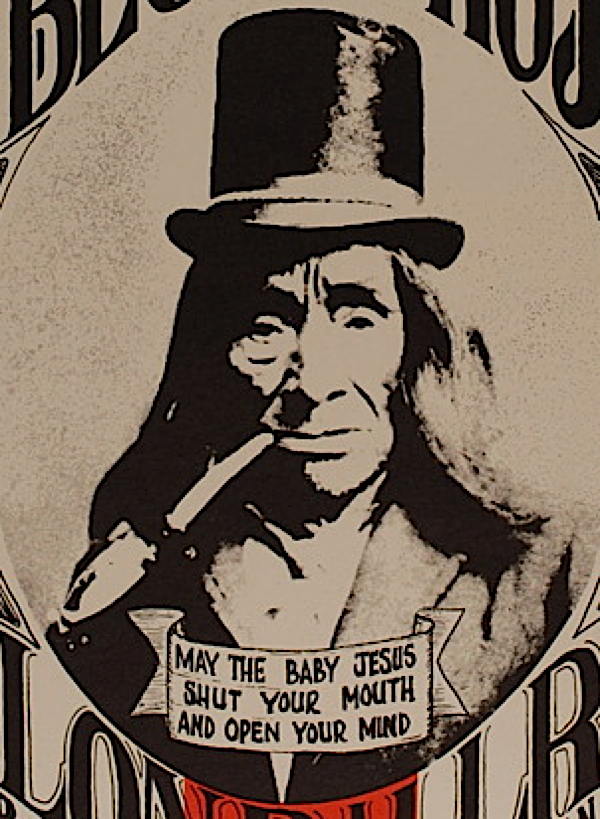

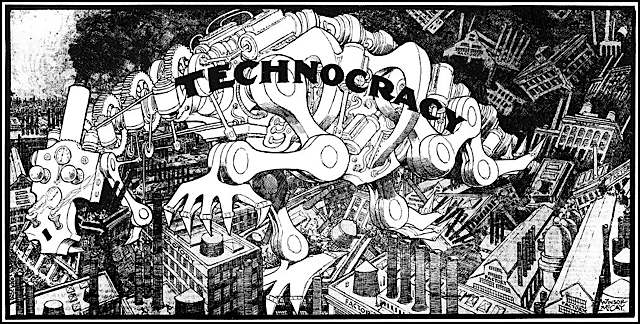

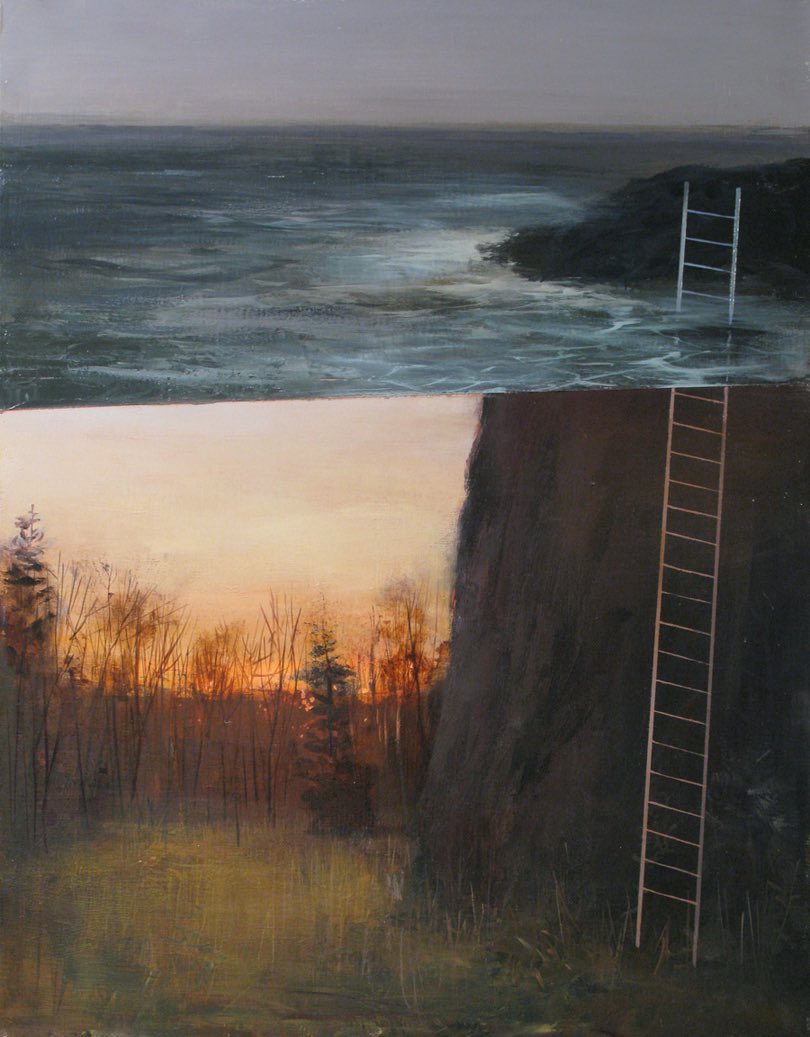


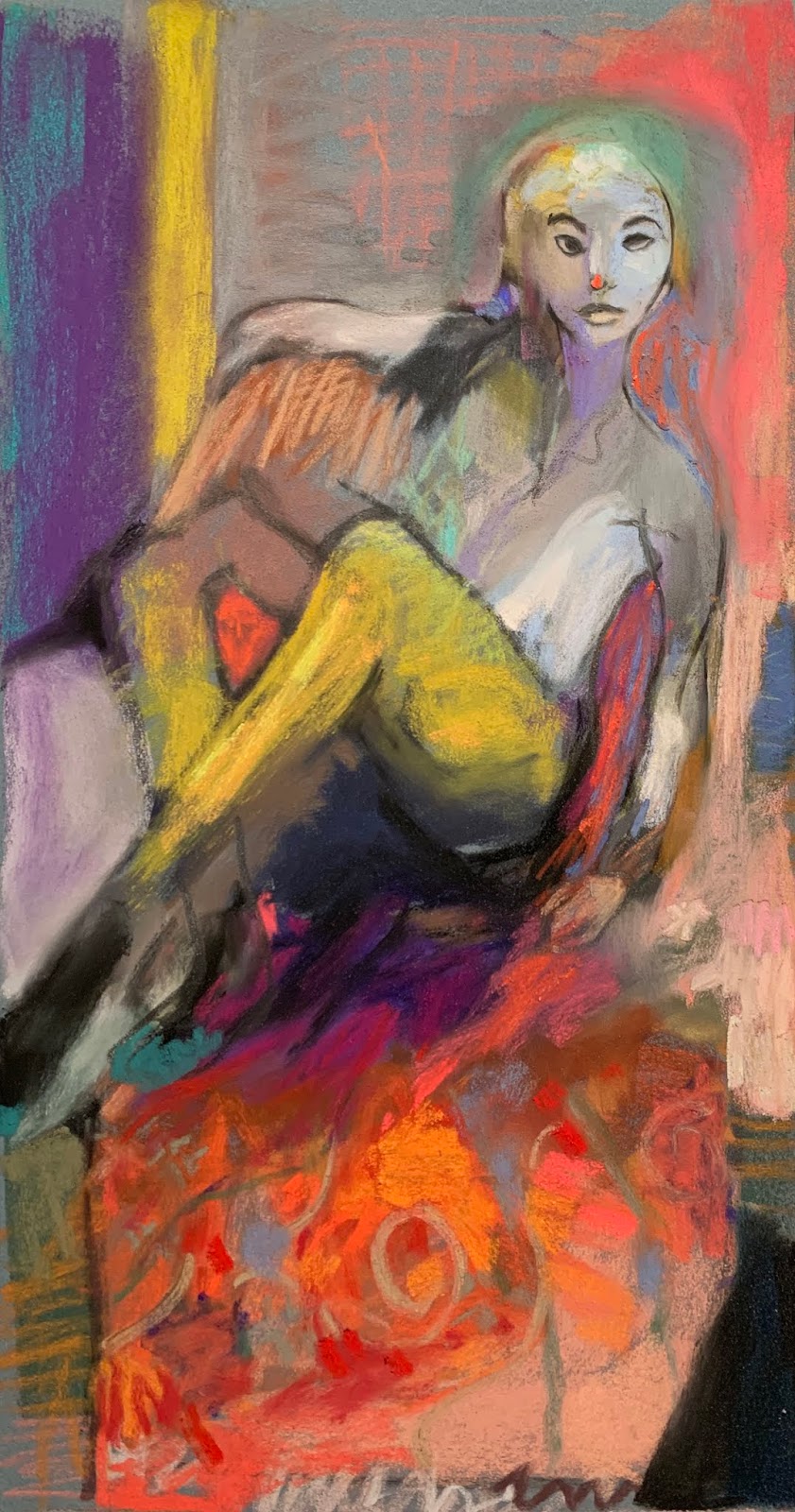
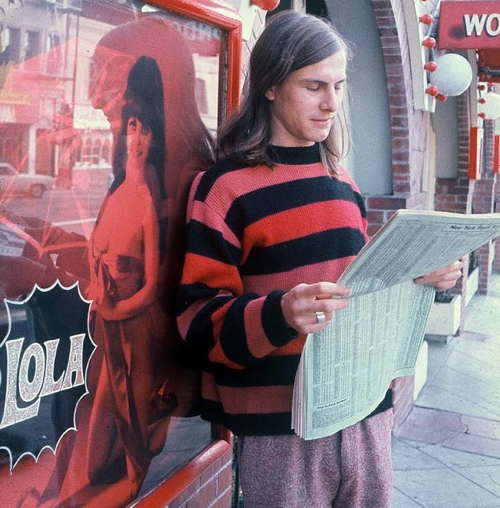
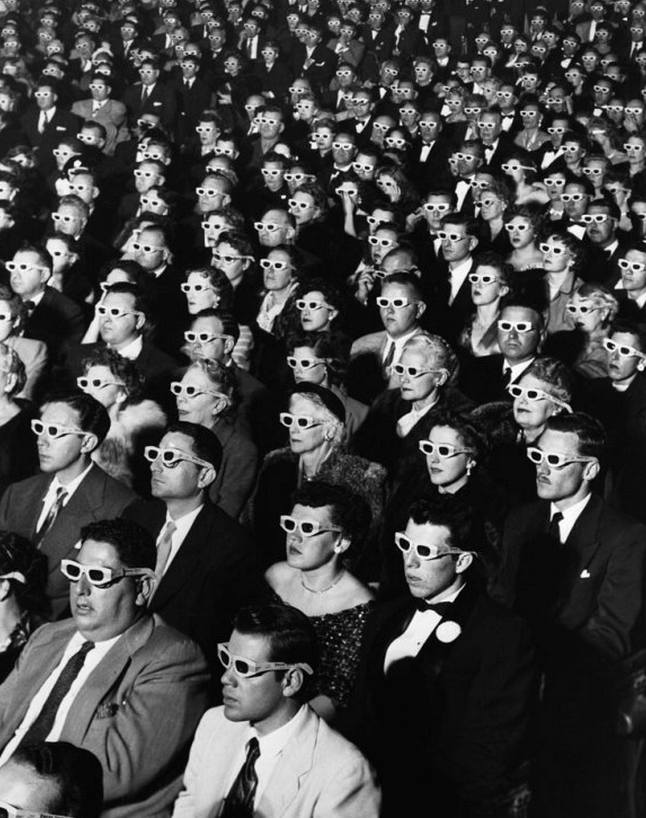
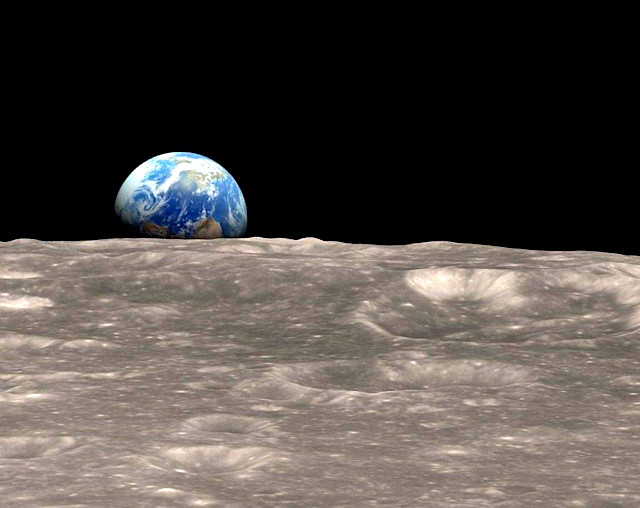


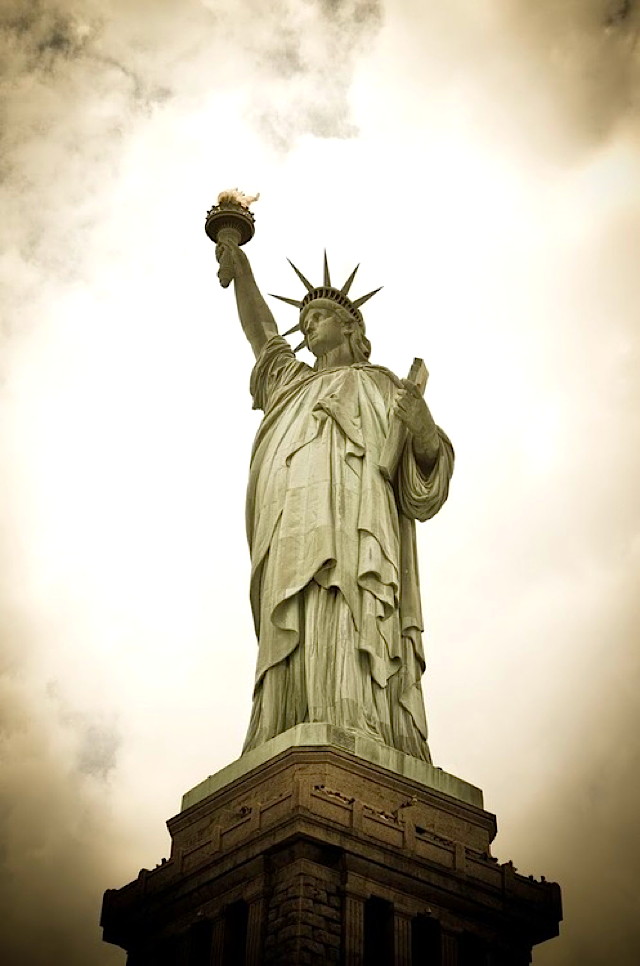
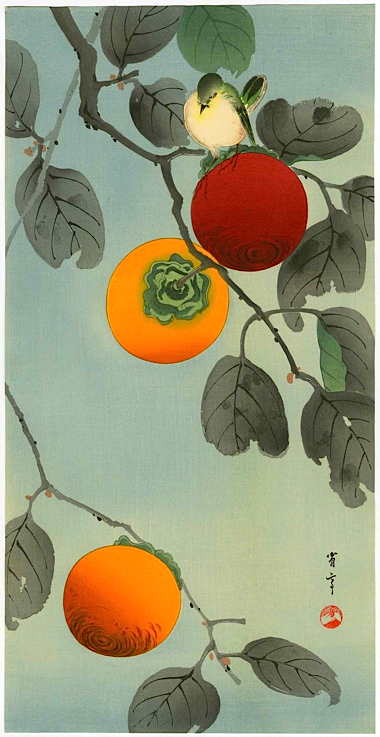

Comments on this entry are closed.
Is it the song or the singer that’s most important?
I’ll say it’s the song, art, that’s more important. Consider, if you knew nothing about the artist’s opinions, in this case Church’s opinions, most individuals listening to the song, and considering its lyrics, would enjoy it. It is only upon learning of Church’s opinion re guns, as erroneous as it may be, that opinions of Church’s song are now, ugh, meh. I’ll readily admit that this type of opinion modified response also has influenced me. Specifically, I refer to Sheryl Crow. I recall when her first album came out, Tuesday Night Music Club, before it went big, I heard a cut or two while in Cleveland. I immediately purchased it, and thought it outstanding. After Crow spouted off about using just a square of toilet paper to save the world or something, my opinion of her dropped like a rock, and I really did not want to listen to her music any longer due to her opinion about toilet paper. But, I was foolish to take that stance about her music simply because she has a stupid opinion. That album remains an excellent album, in spite of Crow’s toilet paper foolishness. Many additional artists in various mediums say very stupid things, but allowing their stupid opinions to influence enjoyment of their art, if it is truly enjoyable, only negatively effects you.
A SONG IS NOT A SONG UNLESS IT’S SUNG.
ART IS ”THE NEED TO CREATE.”
THE OLD MGM MOTTO ARS GRATIA ARTIS [ART FOR ARTS SAKE]
If only MGM had remained true to their founding motto.
And, Venlet, I had the exact same reaction to Crow. About on the same time table too.
It’s apparent, at least to me, that “artists” who parade their political opinions do so to mask the paucity of their art. Before the ’60s the only place I encountered this was in cheap posers like Bob Hope who wrapped themselves in the flag to ensure applause for their writers’ routines – and as Gerard pointed out, in B movies. The fact that the “virtue” being signaled has been reversed doesn’t dilute the crassness of the strategy.
When vaudeville was in flower, lame acts would habitually end their fifteen minutes with literal flag-waving while the band struck up a Sousa march, to ensure that the audience would rise and applaud. In a more astute world, everybody saw through it, too. One of the primary reasons for my attraction to high-level music is that in that world, truth is all that matters.
I am a lazy poet. I lie and say that I am sort of straddling the line, keeping one faithful foot on tradition, and the other, less disciplined (but much relieved thereby) foot on formless free verse. But I have certainly put in the work on a few of my pieces, and no kidding – it isn’t the kind of thing you wake up in the morning looking forward to.
The Arrival arrives unbidden, yes. But there is also a need for a certain listening for it (even passively), not to mention the poetic acuity to recognize it at all when it comes. After that it’s a simple matter of total submission and agony until you lie to yourself about being finished with it. For now. For now.
I couldn’t name half a dozen singers even of the songs I enjoy. I rarely enjoy them for the words of the song and I find now that I’m much older I am discovering the words to songs ( before I just didn’t care) and wonder WTF does that mean. As for poetry; Who reads poetry? Seriously!
Poetry
Marianne Moore – 1887-1972
I too, dislike it: there are things that are important beyond all this fiddle. Reading it, however, with a perfect contempt for it, one discovers that there is in it after all, a place for the genuine. Hands that can grasp, eyes that can dilate, hair that can rise if it must, these things are important not because a high-sounding interpretation can be put upon them but because they are useful; when they become so derivative as to become unintelligible, the same thing may be said for all of us—that we do not admire what we cannot understand. The bat, holding on upside down or in quest of something to eat, elephants pushing, a wild horse taking a roll, a tireless wolf under a tree, the immovable critic twinkling his skin like a horse that feels a flea, the base- ball fan, the statistician—case after case could be cited did one wish it; nor is it valid to discriminate against “business documents and school-books”; all these phenomena are important. One must make a distinction however: when dragged into prominence by half poets, the result is not poetry, nor till the autocrats among us can be “literalists of the imagination”—above insolence and triviality and can present for inspection, imaginary gardens with real toads in them, shall we have it. In the meantime, if you demand on the one hand, in defiance of their opinion— the raw material of poetry in all its rawness, and that which is on the other hand, genuine, then you are interested in poetry.Ya done GOOD, Girard!
Am I the only one who knew Sheryl Crow was being wry with her “one square of toilet paper” bit? I will grant you, it can be hard to tell with that crowd. But I know women well enough to know that one square is good only for blotting lipstick. My wife will give the roll a yank, starting it spinning, the luxurious thick sheets unwinding, before doing a Hermione Granger-like flourish as she tears off the bundle.
Crow was hanging out with Larry David’s erstwhile wife at the time, before Laurie David dumped him for some Hamptons dude. Laurie was known for flying in do deliver lectures to college students on her private jet, telling them to watch their carbon footprint. She wasn’t even embarrassed about it.
When logic fails me
I reach for poetry.
Gordon, you might very well be one of the few who thinks Crow was just being wry about the toilet paper thing, but I’m inclined to think she wasn’t just being wry. Especially when you consider that Crow came out with a clothing line featuring a blouse with a “dining sleeve.” The sleeve was supposed to be removed to wipe one’s face, instead of using a napkin.
Read about it here.
I still think her debut album is excellent.
“…had a glass of reasonably good Bordeaux”
Yes, I appreciate, and have experienced, the arrival.
Yes I clicked to and re-read The Missing.
However it is curious strange, when reading good prose or poetry, what line or phrase, sticks in your head and resonates. In this case it was ‘reasonably good Bordeaux’.
Before coming to Alaska, I spent around 4 years in NYC, in the early sixties, as a card carrying latter day beatnik reading my deathless poetry in the coffee houses.
It happened that two friends of ours were the original, first, importers of Bordeaux into the US and they worked hard to develop the American palate to appreciate it (& obviously, succeeded.). Subsequently, when they’d visit our lower east side apartment they’d always bring, and leave two or three bottles of Bordeaux that would sell for astronomical prices today.
I have to admit that turned this hairy legged country boy in to an absolute wine snob and few, or none, of the wines I can afford today, including reasonable Bordeaux, can compare with those bottles that we’d go through like gallon jugs of Chianti back in the day.
Guy Clark, may he rest in peace, had this to say about poetry:
https://www.youtube.com/watch?v=BR-1Bgch_l4
Over the last year I’ve spent a great deal of time poring over the artwork and writings a genuine mad genius, and blogging about the task. I’ve seen writings and paintings of transcendent beauty, and stuff that would give your nightmares nightmares.
I believe that one day Pete Hampton’s work will be recognized as the product of genius. And I’m aware that I have inadvertently become his biographer. The dark side stuff is sensationalistic as hell. Here’s a guy who painted and framed detailed scenes from the movie, Texas Chainsaw Massacre. But he’s also a guy who never harmed, or even threatened anyone. He spent his life trying to preserve the hills. It’s a scary fine line to draw between acknowledging the darkness, and not allowing it to dominate the portrait that I will inevitably be drawing.
JWM
The conversation seems to promote the idea that the art should be compartmentalized from the artist’s life habits and opinions. My thinking is I don’t want water from a poisoned well.
Doubt anyone is going to get much “work” done with 1 square, wry or not.
Reality is right in the middle of everything.
BTW, I haven’t a square to spare.
It is strange how “The Arrival” usually coincides with profound emotions, whether love, lust, grief, or anger. When I write poetry I try to at least establish a meter if not rhyme. Of course rhyming is harder. But if you manage to rhyme, it is very satisfying (although the final product can be disturbing). I wrote this after the Virginia Tech shooting, I think 2007?
Now mingling with the peaceful flocks
All gentle bleats and snowy fleece
What nightmare beast among us stalks
Whose thirst for blood imperils peace
On sunny days, we watch the skies
For hawks, the harbingers of death
Sometimes, no shadow signifies
The advent of our final breath
And when the thinning veil of fate
Is ripped, like flesh by tooth and claw
Death’s visage, recognized, too late
Consigns us to its grinning maw
Regarding “water from a poisoned well.”
I understand how one can feel that way and I approve of that angle.
But my angle here is:
“Let it be known there is a fountain
That was not made by the hands of men”
And Omaha, that’s pretty darn good. The only small adjustment I’d make is to eliminate the commas in the last three lines in order to make the meter move more quickly and trippingly to the close. Strange to say but removing them makes, to my mind, more impact at the end so that:
“Is ripped, like flesh by tooth and claw
Death’s visage, recognized, too late
Consigns us to its grinning maw”
becomes
” Is ripped like flesh by tooth and claw
Death’s visage recognized too late
Consigns us to its grinning maw”